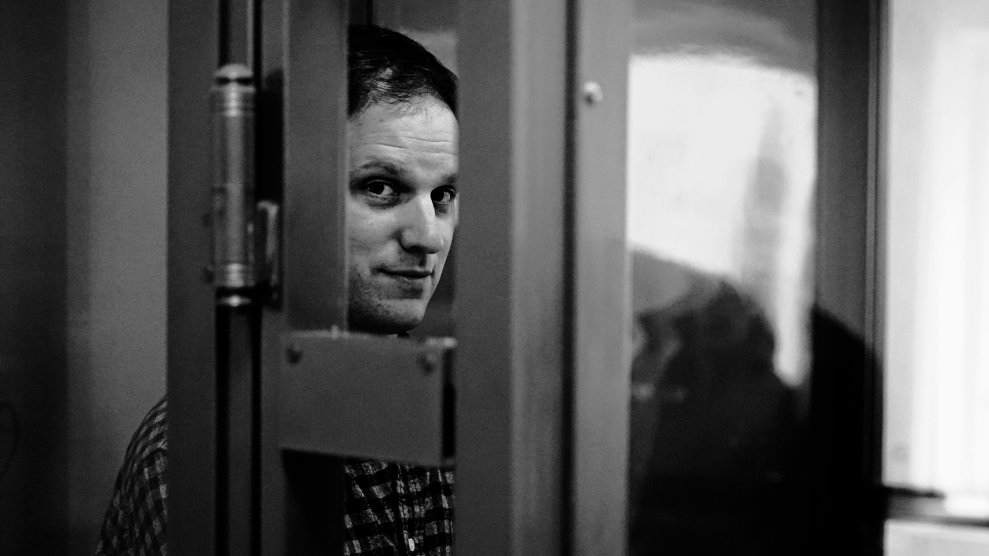Due to their past felony convictions, roughly half a million Floridians did not have the right to vote in the 2000 presidential election. If just 1 in 50 of those ex-cons had voted, and if 60 percent of them had voted Democratic, George W. Bush might be nothing more than a retired governor today. This simple calculus inspired Sasha Abramsky to examine the state laws that prevent huge numbers of largely poor and black ex-felons from voting, and which he concludes help Republicans keep winning elections.
Abramsky’s most persuasive material is his interviews with former prisoners who see voting as a way to become whole again. Given the right to return to the polling place, says a Tennessee man, “I’d probably stand there freezing. I’d stand in awe in the booth all day long.” Some rehabilitated ex-cons do get the franchise back—mostly the wealthy and educated, who have the money and savvy to navigate the maze of appeals, hearings, and applications required to get a fresh start.
But Abramsky doesn’t convincingly prove that a large percentage of ex-felons would vote if they had the chance, and, despite exceptions such as Florida in 2000, he can’t definitively show that these new voters would swing elections. The bigger issue here is not so much the political alienation of ex-cons, but a system that is good at locking people away and bad at putting them back into society. Most of the 630,000 convicts released every year live in states where employers and landlords can discriminate against them based on their rap sheets; if they’re drug offenders, they can’t get food stamps or student loans, and will probably have a hard time getting a driver’s license. Voting may be a fundamental right, but what good is it when so many cards are stacked against you?











